
Amicable Disputes Settlement
Amicable disputes settlement is the most recommended method to settle any dispute between the contracting parties to save time, costs and to keep the amicable relationship between the contracting parties which will lead to continuous cooperation in further projects and contracts. Dispute Adjudication Boards were adopted through Clause 20 of the FIDIC Contracts (1999 Edition) which is different than Disputes Review Board which was firstly adopted during 1975 by the Colorado Department of Highways on the second bore tunnel of the Eisenhower Tunnel Project.
Most of the contracting parties misinterpret the relevant contractual clauses which form the mandatory steering Disputes Review Board “DRB” and arrange the required procedures which must be followed to reach an amicable settlement -if possible- for the disputes. There are various mechanisms to form a dispute board or similar boards, however that the most common formation methodology of DRB in contracts in State of Kuwait is through nominating representatives from the contracting parties.
Most of high value contracts (especially EPC Contracts) in vital sectors in State of Kuwait contain clauses which arrange the formation of a steering DRB including without limitation the disputes notices mechanism, DRB meetings timeline and the next stages of the amicable negotiations if the DRB was not able to finalize fair amicable settlement acceptable for the contracting parties. The next stages will be - probably- the negotiations between the top managements (i.e. CEOs) of the contracting parties to avoid commencing litigation or arbitration which may affect the project contractual completion dates and its scheduled milestones.
Most of contractors ignore the clauses related to DRB and do not appoint their members in DRB since the contract commencement date although that the relevant mandatory clauses require the contracting parties to nominate their representative for the steering DRB which will discuss and investigate all relevant claims whether submitted by the contractor or the employer.
There is also an important factor which must be taken into consideration regarding the DRB validity, DRB is formed by a valid contract and shall continue only during the contract validity period therefore the contracting parties are not entitled to refer claims or disputes to the DRB once the contract is completely expired or terminated unless otherwise the contracting parties agreed in advance that the relevant DRB clauses shall survive after the contract termination or expiration.
Another example for similar amicable disputes settlement mechanism is the mechanism adopted by some ministries “Employers” through forming a temporary claim committee upon the written request of the contractors to investigate and analyzing their claim, the Temporary Claims Committee “TCC” usually consists from members nominated and decided by the Employers solely and formed by a ministerial decision specifying the members, scope of work, authorities and the duration of TCC, upon the formation of the TCC contractor will be entitled to meet the TCC to explain the claim, its contractual basis and entitlements in order to reach an amicable written settlement -if possible- subject to the final governmental procedures and approvals.
MMA Law

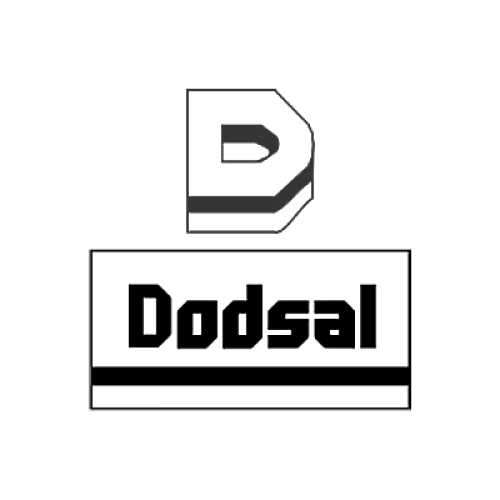
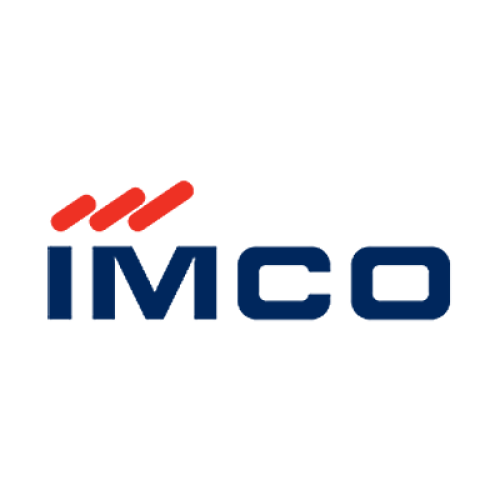


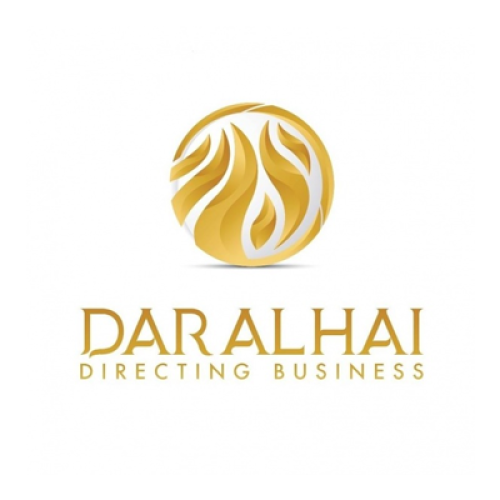

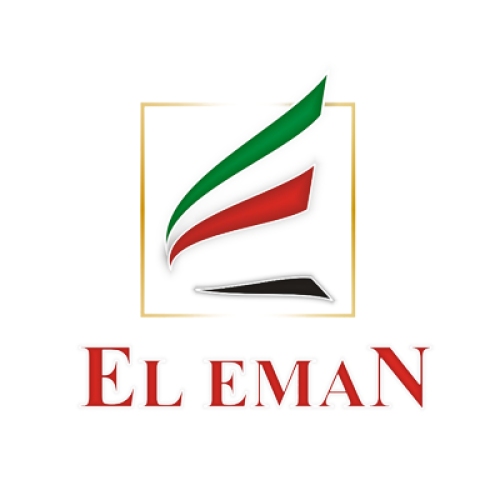
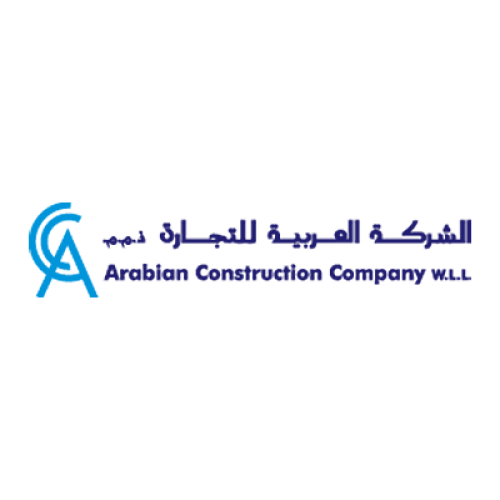

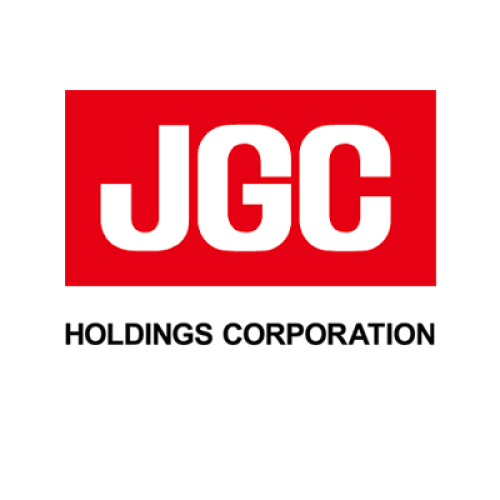

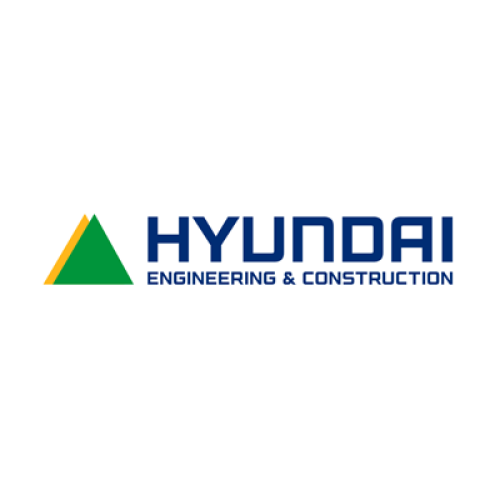
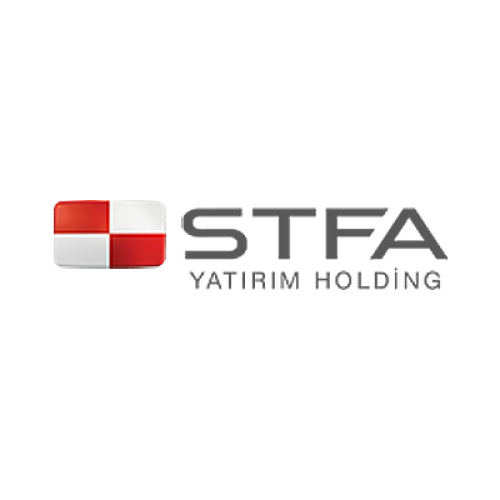
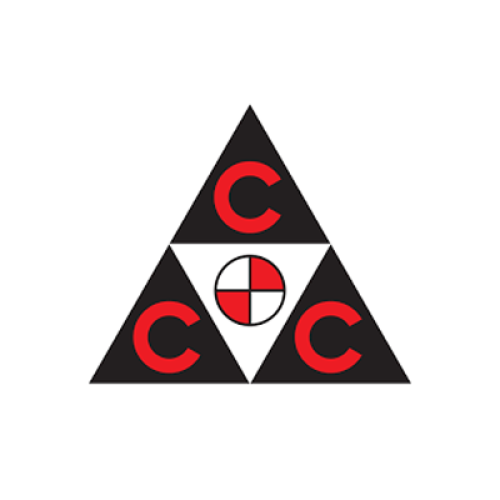

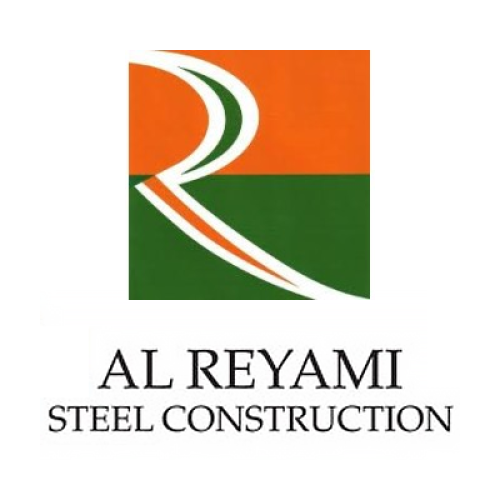
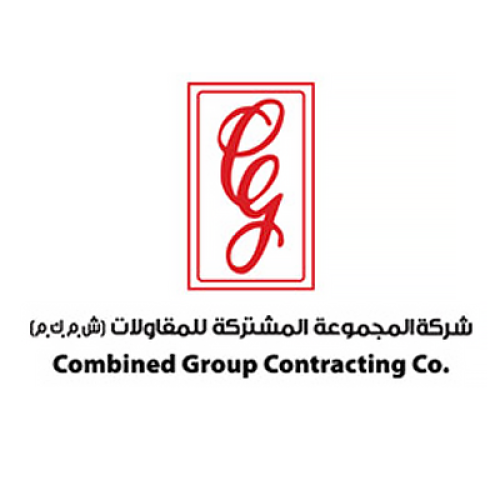

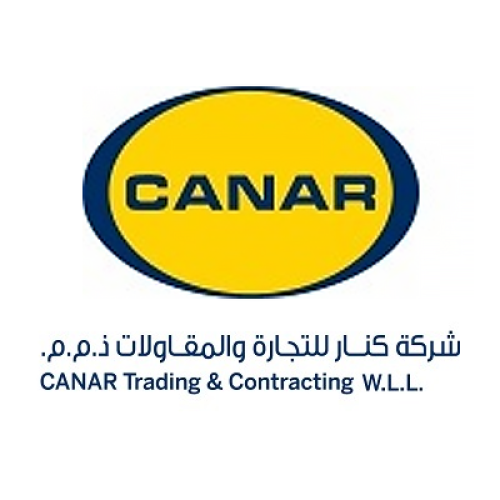
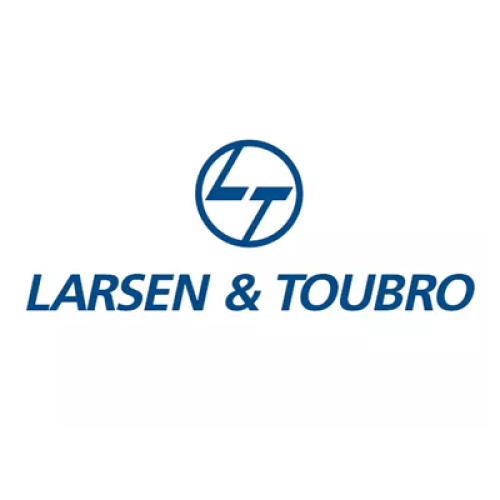

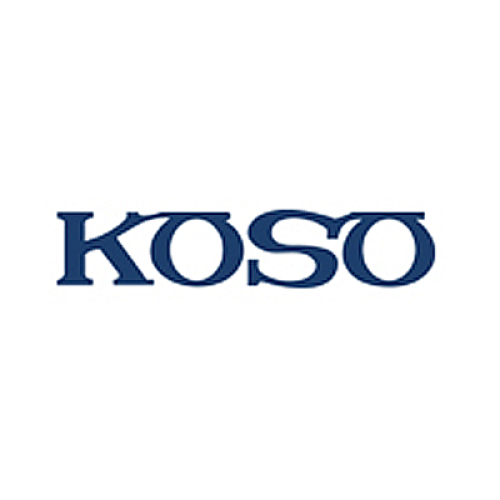
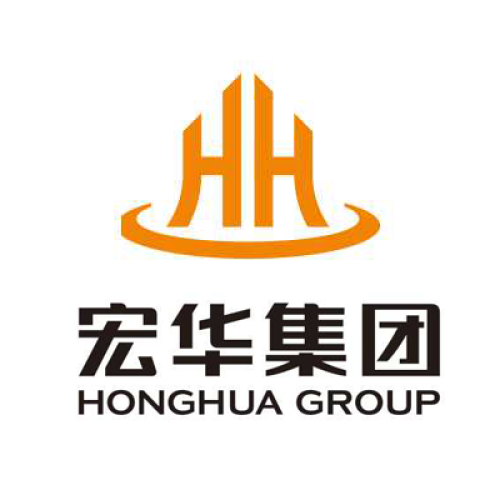

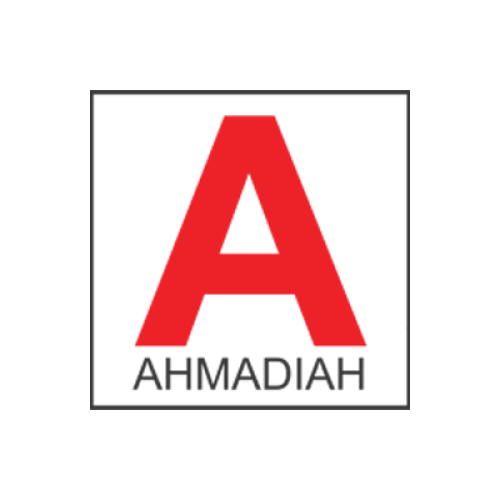
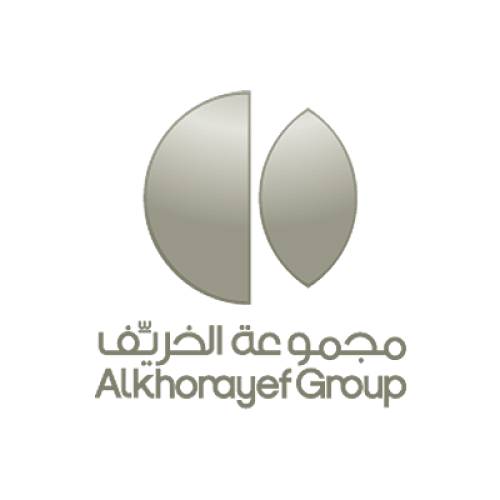

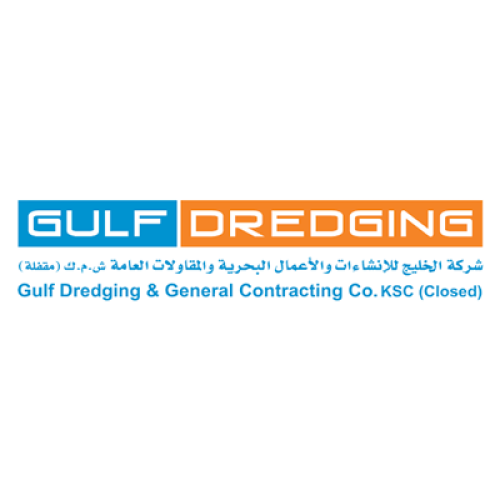
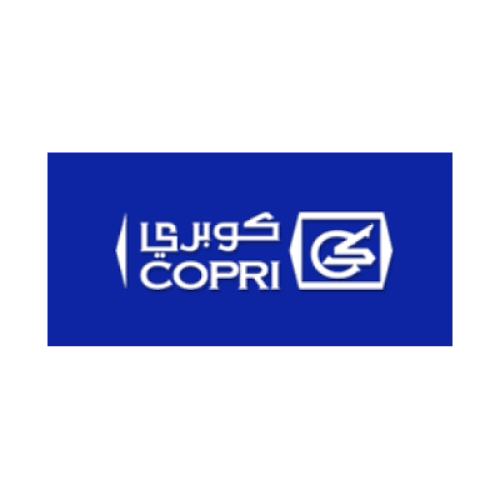

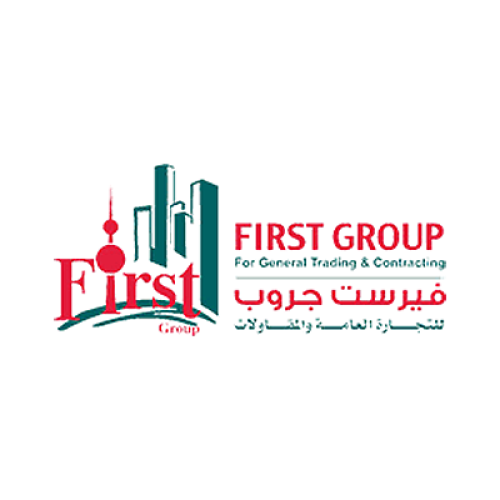
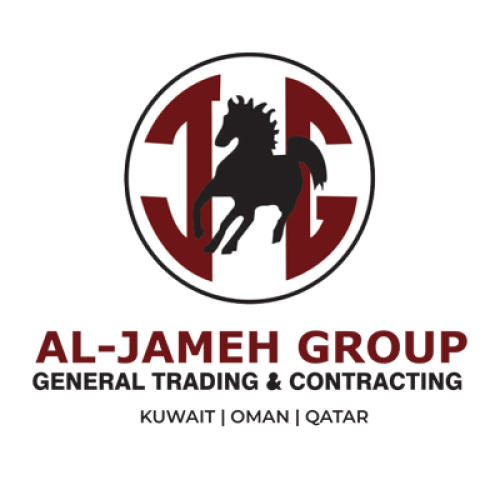

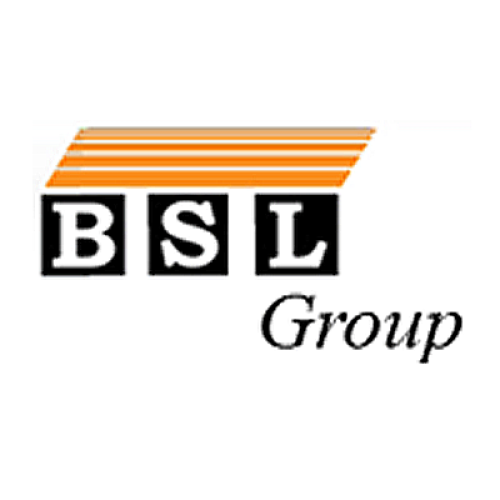

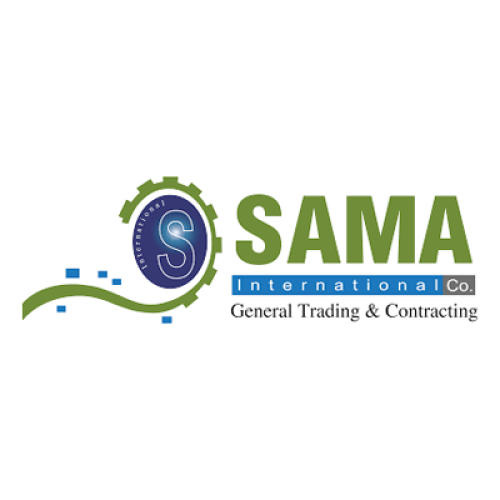
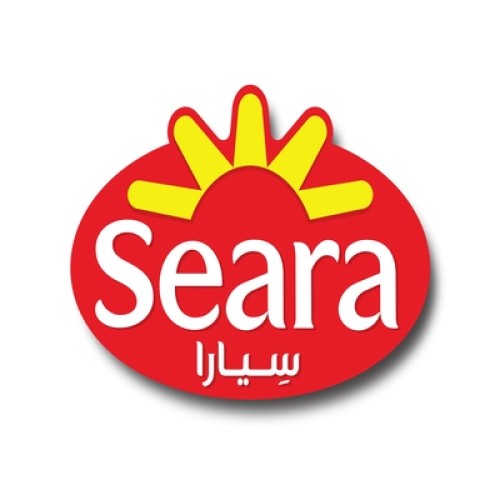

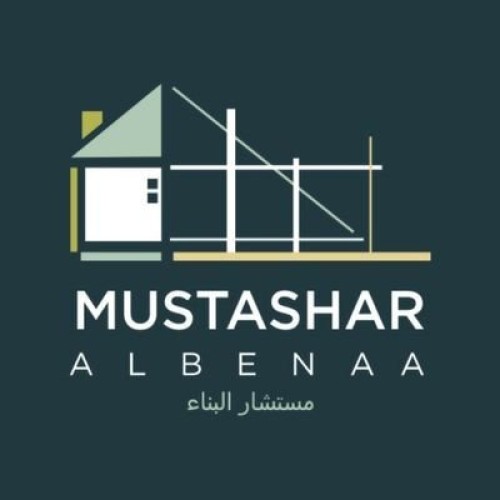
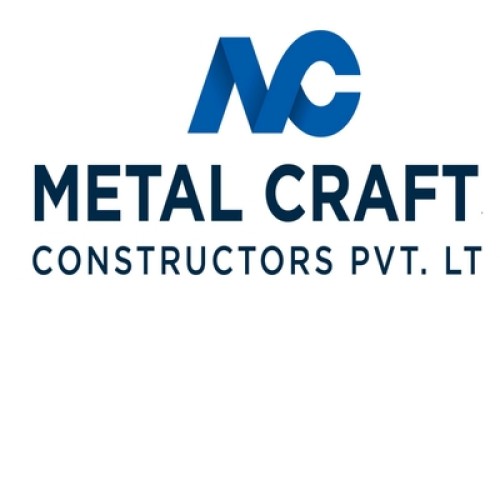
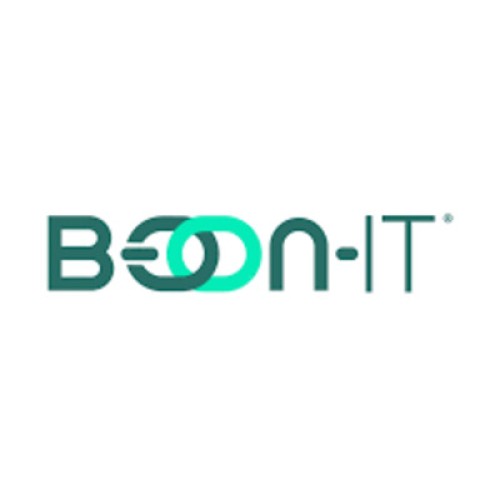
Leave a Comment